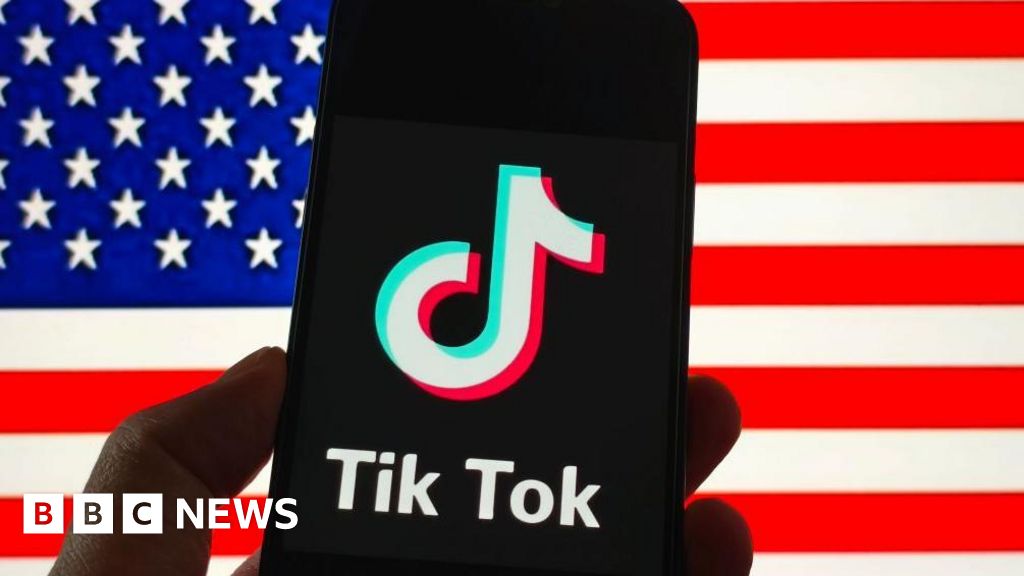ARTICLE AD BOX
 Image source, Reuters
Image source, Reuters
It is unclear when lawmakers will call for a floor vote to decide on the next Speaker
By Bernd Debusmann Jr
BBC News, Washington
Conservative firebrand Jim Jordan has been chosen as Republican nominee to become Speaker of the House.
Republican members of congress withdrew to hold a secret ballot on Friday afternoon at Capitol Hill.
Mr Jordan, who has the backing of former President Donald Trump, faced opposition from Georgia lawmaker Austin Scott.
While he won a majority in Friday's ballot, Mr Jordan faces significant opposition within the party.
Supporters of Steve Scalise - who was nominated as the party's candidate for Speaker on Wednesday before withdrawing - have vowed to oppose Mr Jordan at all costs.
Whether he has enough votes to win to secure an overall majority in the chamber is therefore unclear.
Immediately following the vote, the Republican representatives took a second motion to determine whether members would support Mr Jordan in a floor vote, the BBC understands.
The House has now gone 10 days without a Speaker.
Earlier this week, Mr Jordan lost another bid to become Speaker nominee to House Republican Whip Steve Scalise, who abruptly dropped out of the race on Thursday after struggling to gain enough votes.
Ahead of Friday's secret ballot, Mr Jordan expressed confidence, telling reporters that he felt "real good" about the vote.
"I think I can unite the conference," he said. "I think I can go tell the country what we're doing and why it matters to them".
But like Mr Scalise - and ousted Speaker Kevin McCarthy before him - Mr Jordan's path faces significant challenges.
With the Republicans controlling the House by a very narrow margin, Mr Jordan will need 217 of 221 Republican members to vote for him. He can only afford to lose five votes.
While the number of Republicans who would vote against him is unclear, several have said publicly that they did not plan to do so, or that they were unsure if he could gather the votes.
Among them was Florida's Mario Díaz-Balart, who said he doubted Mr Jordan's ability to win the gavel and, if he does become Speaker, function effectively.
He pointed to Mr Jordan's failure after losing the internal ballot on Wednesday to convince his own supporters to switch their support to Mr Scalise.
Mr Díaz-Balart said: "If you can't get your closest friends [to follow you], it begs the question: can you do anything? Can you get anybody to follow you on really difficult questions?"
When the Speaker vote will head to the House floor remains unclear. While some, such as Georgia's Marjorie Taylor Greene, had urged for a floor vote to be called immediately, other lawmakers warned that Mr Jordan may need time to sway those who do not plan to vote for him.
The Republican conference is also suffering from attendance issues, with only 209 of 221 members currently in Washington DC.
The previous Speaker, Kevin McCarthy, was ousted from the job on 4 October after striking a deal with Senate Democrats to fund the government.
Until it has a Speaker, the House will be unable to pass any bills, approve White House requests for emergency aid or pass short-term spending bills.

 1 year ago
38
1 year ago
38








 English (US) ·
English (US) ·